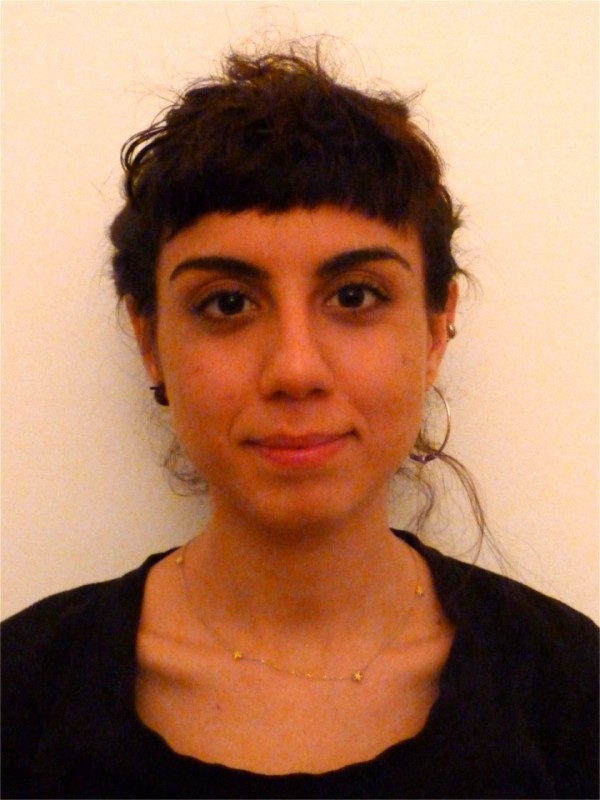Alice Cuzzocrea
Interview by Carey Sargent, EPFL, NCCR MARVEL
What's was your master's projects about?
My project was about studying water at the atomic level. We were interested in some differences that come up when nuclear quantum effects are taken into account in simulation. Usually they are not included in atomistic simulations, but there are cases in which those effects can play a fundamental role in the understanding of the properties of the systems. The quantity that we were measuring is called momentum distribution and it's related to how much the particle moves in its environment.

What did you like best about the program?
It was exciting to be in a such high level research environment and see how it works from the inside. It was also quite nice to spend some time in a research group and really feel part of it. I enjoyed learning from the other students of the group, they were all very helpful.
Maybe the right question to ask would be: Why are there not enough women in science? Why is it so difficult to get our own place in fields of knowledge that everybody should have access to?
Why is it important to have more women in science?
The fact that we are still asking those types of questions nowadays, the fact that personal attitudes, interests and passion still cannot be valued without oppressive judgements made out of predefined gender roles and old dichotomies that keep confining us to certain subjects of interest. Maybe the right question to ask would be: Why are there not enough women in science? Why is it so difficult to get our own place in fields of knowledge that everybody should have access to?
During her time at EPFL, Alice contributed to research that recently resulted in a paper: Anisotropy of the Proton Momentum Distribution in Water. In it, the authors presented fully converged momentum distributions for water at several thermodynamic state points, focusing on the components that cannot be described in terms of a scalar contribution to the quantum kinetic energy, thus providing a benchmark that can serve as a reference for future simulations and experiments. In doing so, they also introduced technical developments that simplify and greatly accelerate the calculation of momentum distributions by means of atomistic simulations.
